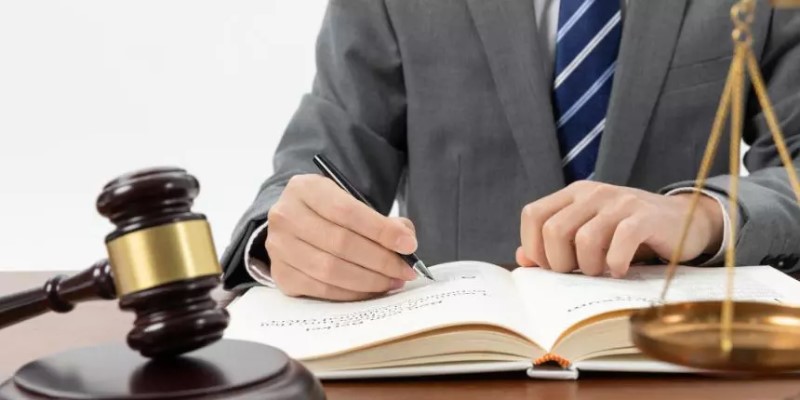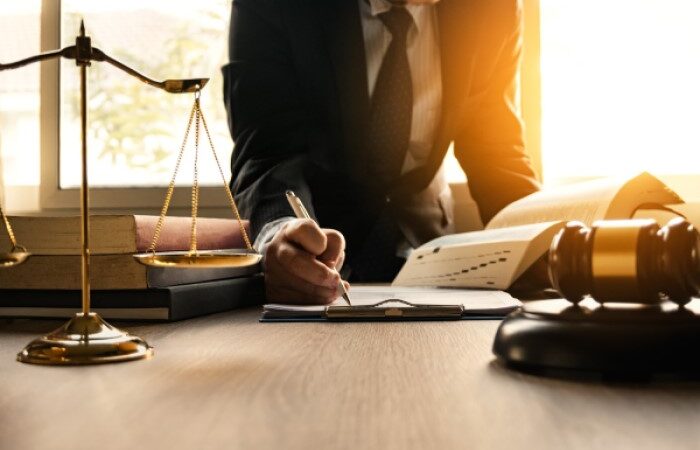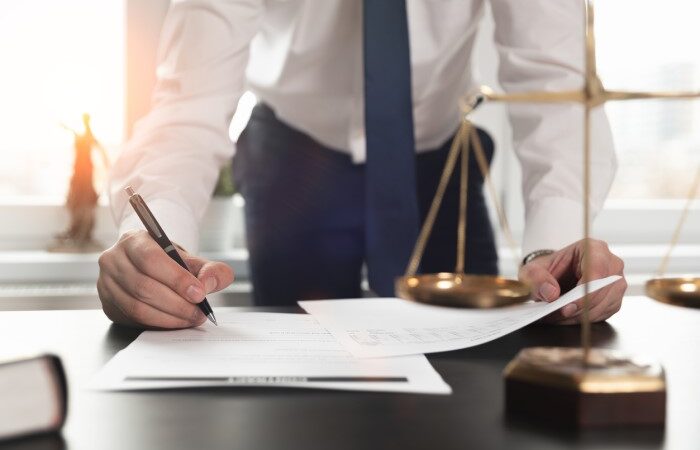Defamation Lawsuit Against Fox News: Protecting Reputations and Upholding Truth

In today’s digital age, where information spreads at a rapid pace, the impact of false statements and misinformation can have far-reaching consequences. Defamation, a harmful act that tarnishes an individual’s reputation, is a serious offense. This article explores a recent defamation lawsuit against Fox News, shedding light on the legal implications, impact on journalism ethics, and the importance of protecting reputations while upholding the truth.
Understanding Defamation
Defamation refers to the act of making false statements about someone that harm their reputation. It can be divided into two categories: libel and slander. Libel involves defamatory statements made in writing or through other permanent forms, while slander refers to spoken defamatory remarks. To prove defamation, certain elements must be established, such as the false statement being published or communicated to a third party, the statement being about the plaintiff, and the resulting harm to the plaintiff’s reputation.
Defamation in the Media
Media organizations have a significant impact on public opinion and can shape the narrative around individuals and events. Journalistic ethics require accuracy, fairness, and truthfulness. However, in the pursuit of ratings and sensationalism, some media outlets may prioritize speed over verification, leading to the dissemination of false information and potential defamation.
The Case Against Fox News
In a recent high-profile defamation lawsuit, Fox News faced allegations of spreading false information that harmed the reputation of an individual or entity. The plaintiff, [Name], accused the network of making defamatory statements that were knowingly false or with reckless disregard for the truth. The lawsuit claimed that these false statements resulted in substantial reputational damage.
Legal Implications and Precedents
Defamation lawsuits carry significant legal implications for both plaintiffs and defendants. Courts assess the truthfulness of statements, examine journalistic standards, and consider the intent behind the dissemination of information. Previous defamation cases have set legal precedents that guide the evaluation of similar claims, helping shape the boundaries of free speech and press freedom.
Impact on Journalism Ethics
The defamation lawsuit against Fox News highlights the importance of ethical journalism. Journalists have a responsibility to report accurate information, verify sources, and maintain a commitment to truthfulness. When media outlets prioritize ratings or biased reporting over journalistic integrity, it erodes public trust and undermines the credibility of news organizations.
Public Perception and Reputational Damage
Defamation can have severe consequences for individuals and entities targeted by false information. In today’s interconnected world, news spreads rapidly, making it challenging to correct falsehoods once they are disseminated. Reputational damage can lead to personal, professional, and financial losses, impacting the lives of those affected.
Defenses Against Defamation Claims
Defendants in defamation lawsuits have several potential defenses at their disposal. These defenses may include proving the truth of the statements made, asserting a privileged communication, demonstrating a lack of malice or reckless disregard for the truth, or establishing the statement as an expression of opinion rather than a statement of fact. Each case is unique, and the success of these defenses depends on the specific circumstances.
The Role of Fact-Checking
Fact-checking plays a crucial role in combating the spread of misinformation and protecting against defamation claims. Media organizations should prioritize thorough fact-checking processes to ensure the accuracy of the information they disseminate. Implementing rigorous fact-checking protocols can help maintain public trust and prevent the harmful consequences of false reporting.
The Power of Social Media
Social media platforms have become significant players in the dissemination of news and information. They offer individuals the ability to share their opinions and viewpoints widely. However, the unchecked spread of misinformation on social media platforms poses challenges in holding individuals accountable for defamatory statements. Balancing free expression and the need for responsible information sharing remains an ongoing issue.
Settlements and Compensation
Defamation lawsuits often result in settlements or compensation awarded to the aggrieved party. These settlements may include financial compensation for the damages suffered, retractions of false statements, and public apologies. The resolution of defamation cases aims to restore the reputation of the plaintiff and provide redress for the harm caused.
The Future of Defamation Law
As technology continues to evolve, so does the landscape of defamation law. New challenges arise with the advent of deepfakes, artificial intelligence, and rapidly spreading information on digital platforms. The legal system must adapt to address these emerging issues and strike a balance between protecting free speech and safeguarding against the damaging effects of defamation.
Conclusion
Defamation lawsuits, such as the one against Fox News, shed light on the importance of responsible journalism and the need to protect individuals and entities from reputational harm caused by false information. Upholding the truth and maintaining high ethical standards in reporting are essential pillars of a healthy and informed society. As technology and media continue to evolve, it is crucial to navigate the complexities of defamation law while safeguarding the principles of free speech and accountability.
FAQs
1. Can opinions be considered defamatory?
While statements of pure opinion are generally protected as expressions of free speech, it’s important to note that opinions presented as false facts or as statements that imply undisclosed defamatory facts can be considered defamatory.
2. What damages can be sought in a defamation lawsuit?
Damages sought in a defamation lawsuit may include compensatory damages for harm to reputation, emotional distress, and economic losses. In some cases, punitive damages may also be awarded to deter similar conduct in the future.
3. How long do defamation lawsuits typically last?
The duration of a defamation lawsuit can vary significantly depending on various factors, such as the complexity of the case, court backlog, and potential appeals. Some cases may be resolved through settlement, while others may take months or even years to reach a verdict.
4. Can public figures sue for defamation?
Public figures, such as celebrities or politicians, face a higher burden of proof in defamation cases. They must show that the defamatory statements were made with “actual malice,” meaning the speaker knew the statement was false or acted with reckless disregard for the truth.
5. How can individuals protect themselves from defamation?
Individuals can take steps to protect themselves from defamation by monitoring their online presence, addressing false statements promptly, and seeking legal advice if necessary. It’s important to maintain a strong reputation and address any defamatory content in a timely and appropriate manner.




